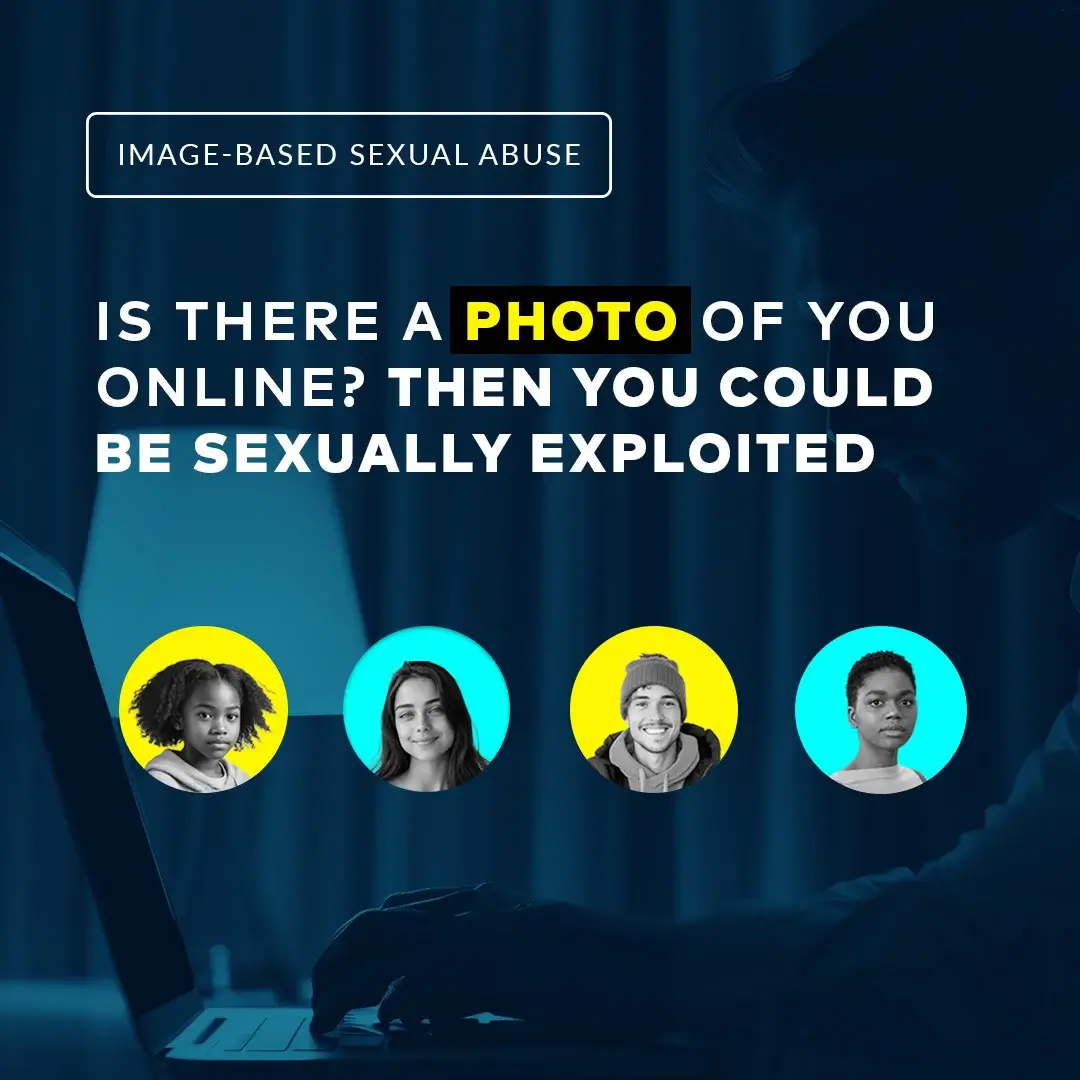A Human Rights Scandal
by Kat Banyard
www.faber.co.uk – Wednesday, October 14, 2015
The Vice President of a group that officially advised a top UN body on its prostitution policy was jailed earlier this year for sex trafficking. So why is Amnesty International about to adopt their policy proposals?
On Thursday 12th March 2015, 64 year old Alejandra Gil was convicted in Mexico City of trafficking and sentenced to fifteen years in prison. Gil reportedly controlled a pimping operation that exploited around 200 women. Known as the “Madam of Sullivan”, she was one of the most powerful pimps of Sullivan Street, an area of Mexico City notorious for prostitution. Gil and her son were connected with trafficking networks in Tlaxcala state – site of Mexico’s “epicenter for sex trafficking.”
Madai, a twenty-four year old woman who was trafficked to Mexico City, was one of those who gave evidence against Gil. Speaking to a reporter in Mexico she said, “[Gil’s] job was to watch us from the car. Her son or her took us to hotels and charged us fees. She kept records. She had a list where she kept records of everything. She even wrote down how long you took”. Madai met her trafficker when she was 19 years old. “He wooed me, made me fall in love, and I believed everything he told me. That I would go live with him, that he was going to marry me… He was the one who took me to Alejandra Gil and her son”. Héctor Pérez, the lawyer representing the victims in Gil’s case, told me Gil was handed a fifteen year sentence because “she received trafficked victims and deceived to exploit them through the exercise of [prostitution].”
In addition to her daily pimping duties, Alejandra Gil side-lined as President of Aproase, an NGO that supposedly advocated for the rights of people in prostitution, but in practice functioned as a useful cover for her pimping operation. And until Gil’s arrest last year, the “Madam of Sullivan” was Vice President of an organisation called the Global Network of Sex Work Projects (NSWP).
NSWP is no fringe group. In 2009 it was appointed Co-Chair of the UNAIDS ‘Advisory Group on HIV and Sex Work’. UNAIDS is the international body responsible for leading global efforts to reverse the spread of HIV, and the advisory group was established to “review and participate in the development of UNAIDS policy, programme or advocacy documents, or statements.” Alejandra Gil is also personally acknowledged in a 2012 World Health Organisation (WHO) report about the sex trade as one of the “experts” who dedicated her “time and expertise” to developing its recommendations. NSWP’s logo is on the front cover, alongside the logos of WHO, UNAIDS and the United Nations Population Fund.
Amnesty International also reference NSWP and the Advisory Group it co-chaired in its draft policy calling for brothel keeping to be decriminalised – a proposal that has been condemned by prostitution survivors and equality groups around the world, including SPACE International, Women’s Aid and the Coalition Against Trafficking in Women. Amnesty’s policy, due to be finalised this month, cites “human rights organisations” that endorse their proposal: “Most significantly,” they write, “a large number of sex worker organisations and networks, including the Global Network of Sex Work Projects, support the decriminalisation of sex work”.
How could this happen? How could a pimp wind up second in command at a global organisation that officially advised UN agencies on prostitution policy and that is referenced in Amnesty International’s draft policy? And did the “Madam of Sullivan” divorce her interests as a pimp when she was putting demands to governments and global institutions on behalf of NSWP?
She didn’t have to. NSWP campaign for “third parties” in prostitution to be decriminalised. This, they state, includes “managers, brothel keepers… and anyone else who is seen as facilitating sex work”[i]. The organisation also insists that “Sex workers can be employees, employers, or participate in a range of other work related relationships.”[ii] According to NSWP policy, as a pimp Alejandra Gil was a “sex worker” who’s precise role was a “manager” in the trade. The organisation lobbies for pimping and brothel keeping to be legally recognised as legitimate work. To fulfil her role as Vice President of NSWP, Gil didn’t have to mask her vested interests as a pimp, she had a mandate to pursue them.
Those interests have been pursued with startling success through some of the world’s top human rights institutions. What happened in 2007 is key to understanding how Gil’s group pulled it off. That year UNAIDS published a ‘Guidance Note‘ on how countries should respond to the HIV crisis in the context of a prostitution trade. They rightly concluded that to tackle the HIV crisis it was important to tackle demand for prostitution: “it is possible and timely to achieve social change, and consequently behavioural change among men, to reduce the demand for sex work.” Unsurprisingly, this didn’t go down well with Gil’s organisation, which expressed its “concern”, via a working group, about the report’s “emphasis on reducing commercial sex”[iii].
Inexplicably, UNAIDS responded by appointing NSWP – which openly promotes pimping and brothel keeping as ordinary ‘work’ – as Co-Chairs of its new Advisory Group on HIV and Sex Work. A revised version of UNAIDS’ Guidance Note was duly published, this time carrying an annex prepared by the Advisory Group. It recommends: “States should move away from criminalising sex work or activities associated with it. Decriminalisation of sex work should include removing criminal laws and penalties for purchase and sale of sex, management of sex workers and brothels, and other activities related to sex work.” That report is now a go-to reference for groups lobbying governments to make pimping and brothel keeping legal.
It is the legal model advocated by NSWP – full decriminalisation of the sex trade – that Amnesty International’s leadership voted in August to endorse, and plans to adopt as official policy this month. Amnesty maintains their policy is the result of two years research and is the best option available to protect the human rights of people that some men pay for sex. Having myself spent the last two years researching the sex trade for a book, I can confidently say that to suggest Amnesty’s researchers ‘missed a bit’ doesn’t even come close to accounting for the travesty that is the organisation’s draft policy. Brothel keeping, pimping, paying for sex: these are forms of commercial sexual exploitation. Amnesty International is about to call for a form of violence against women to be decriminalised, allowing states to take on a role akin to a pimp: sanctioning and licensing brothels, and taxing the women in them.
As Esohe Aghatise, Anti-Trafficking Manager at Equality Now, says, “It is shocking that a convicted trafficker would influence policy, which is, in itself, incompatible with human rights and international law. We need to end the demand which fuels sex trafficking, rather than decriminalise those who benefit from the exploitation of others. UN agencies need to urgently clarify their position on the sex trade – particularly in light of this new damning evidence”.
Without question, those who are paid for sex should be completely decriminalised. But those who sexually exploit – pimps, brothel keepers and sex buyers – should not. They are perpetrators – not entrepreneurs or consumers. Mia de Faoite, a survivor of prostitution, told me, “I left prostitution utterly destroyed as a human being and I cannot fathom how that level of violence could ever be sanctioned and classed as ‘work’.”
That convicted trafficker Alejandra Gil and her group have been so closely involved in UN agencies’ policy making on prostitution is nothing short of a human rights scandal. Clearly, UNAIDS must urgently conduct a thorough, transparent review of all policies NSWP has advised it on and investigate how this could have happened. As for Amnesty International, it would be abhorrent to see the organisation proceed with its call for full decriminalisation of the sex trade – because it really doesn’t take a conviction for trafficking by a leading proponent to work out who benefits most when states make brothel-keeping and pimping legal.
By Kat Banyard, author of Pimp State: Sex, Money and the Future of Equality, published in 2016.
Follow Kat on Twitter and Facebook.



